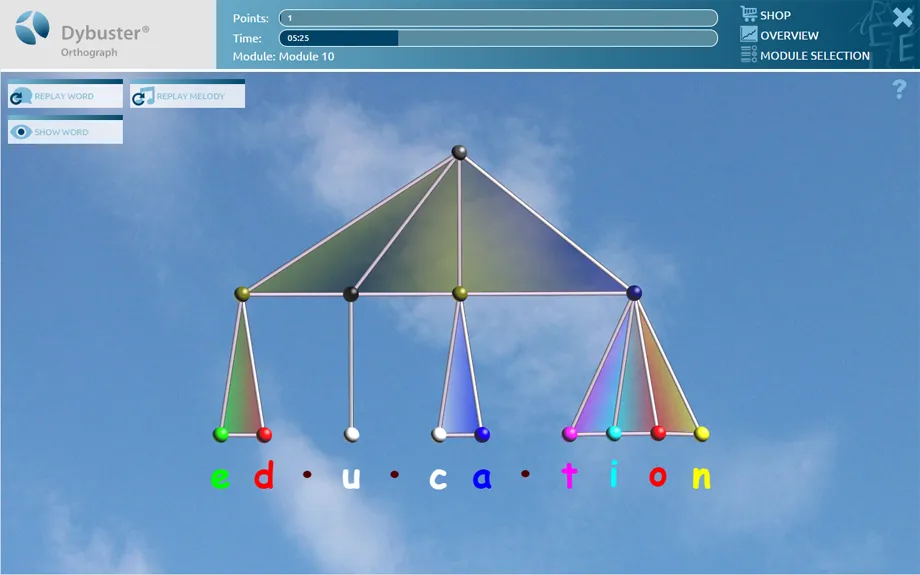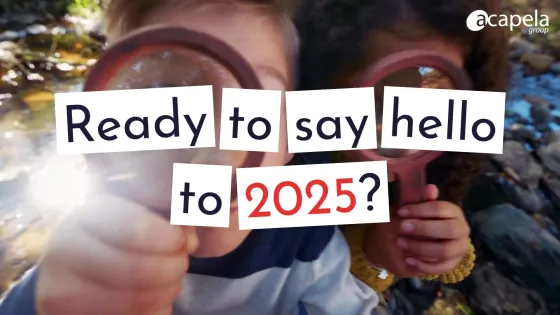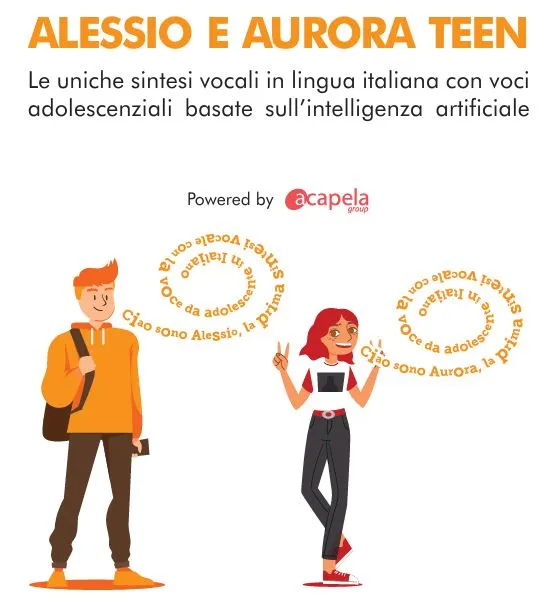
For individuals facing dyslexia, reading requires extra time and energy, causing fatigue and discouragement.

Talking apps using text-to-speech and designed to assist children and adults with learning disabilities such as dyslexia have changed the way information and words can be learnt and understood. Dybuster Orthograph employs pioneering methods that make it a significant contributor to this field.
Depending on the language, 8 to 15% of the population is affected by dyslexia. Dyslexia is a complex, lifelong disorder and those concerned find it difficult to learn to read or to interpret words, letters or other symbols. This hinders the processing of texts which makes it difficult for people with dyslexia to fulfil their potential in school and working life.
Designed to help the brain automate the mapping of letter sounds
To read and write skilfully, the human brain has to specialize areas to perform certain functions. Dybuster Orthograph learning software has been designed to assist the brain in developing these specialized areas, to access information easily and automate processes when needed. The app automatically adjusts to each child and allows the brain to tap into more resources thanks to multi-sensory learning, including text-to-speech. It allows the brain to learn using shapes, colors, 3D structures and sounds. Dybuster Orthograph helps dyslexics improve spelling and reading skills and gain new confidence with letters.
“Dybuster Orthograph allows people with dyslexia to progress in reading and writing at their own pace. With Acapela voices, they can now even practice with their own words. Users can easily create individualized vocabulary lists and practice any type of content they need, from educational to professional, including words in foreign languages, with immediate audio feedback. They quickly gain in self-confidence and autonomy in their learning process. As scientific studies showed, children can improve their skills by more than 35% with just 3 months training. And Acapela Voices help us to achieve that,” says Christian Voegeli, co-founder of Dybuster.
“Our voices are widely used for educational purposes. Text-to-speech helps individuals that read slowly or with difficulty, people who want feedback when writing or help with spotting errors when proof-reading, those who suffer visual stress when reading text on paper or on a screen or want to simultaneously see and hear. Immediate audio feedback improves word recognition, increases the ability to pay attention and remember information and helps kids recognize and fix errors in their own writing. Dybuster’s innovative multi-sensory approach demonstrates once again the importance of the vocal element in the learning curve and we are proud to provide the vocal part for Dybuster Orthograph,” says Lars-Erik Larsson, CEO of Acapela Group.






